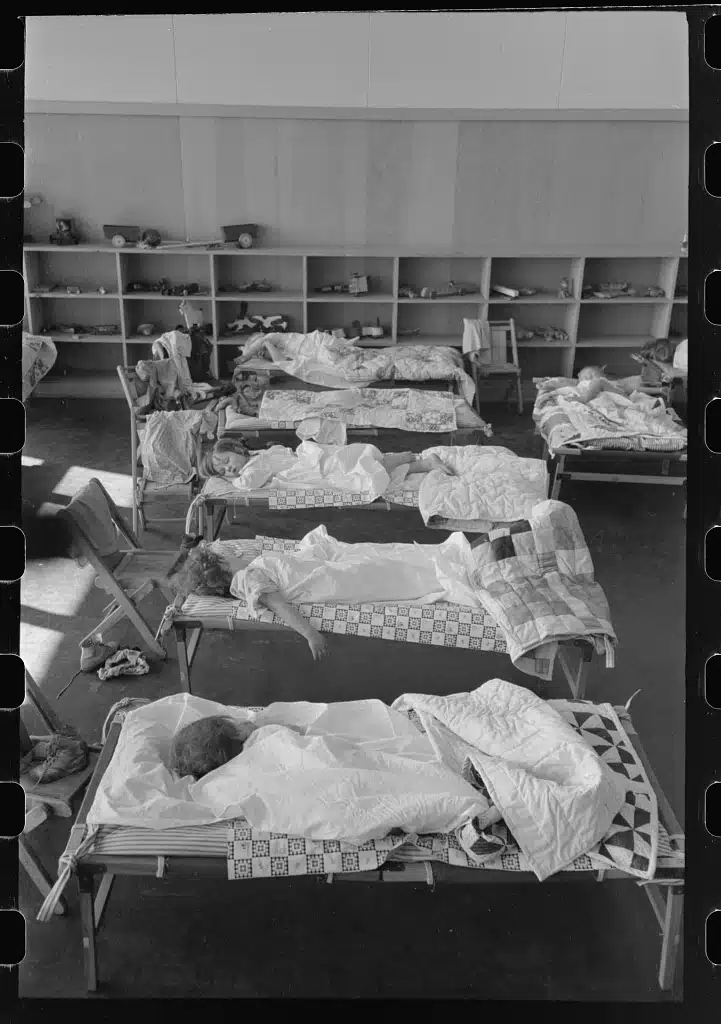Posted inQuestion about Japan
Does Japan have a nap time?
Japan values rest and relaxation, with a cultural understanding that it is important for productivity and overall health. While there isn't an official designated nap time, the practice of inemuri, or taking short naps in public places, is widely accepted. Some companies even provide nap rooms for their employees, and some schools have implemented nap time into their daily schedules. However, concerns exist that increasing pressure to work longer hours could lead to a decline in overall health and well-being among the Japanese population.




